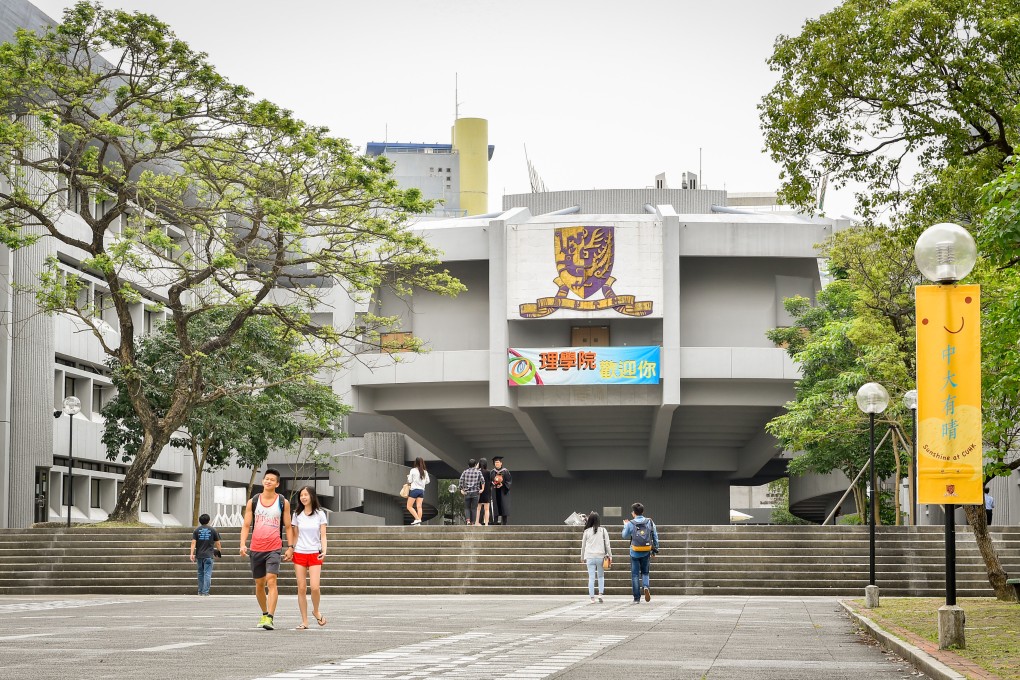Opinion | Climate change: universities can serve as cradles for low-carbon policies and practices
- The pandemic has taught us that everyone has a role to play in times of crises – a lesson we must remember when addressing climate change
- Universities are no exception; they must use their vast influence and research expertise to lead society in drastically reducing carbon emissions

More than two years into the Covid-19 pandemic, travel restrictions still largely cut Hong Kong off from the rest of the world. While it is painful to have to endure quarantine and to see mothballed aircraft line our airport runways, travel restrictions have been important in keeping the virus at bay.
Of course, we all yearn to travel again and long for the day when quarantine will be a thing of the past. But if the pandemic has taught us anything, we have hopefully learned a big lesson about the reprioritisation of travel habits. From diplomatic summits to major business events, conferences and meetings across borders, the pandemic has digitally transformed the way we communicate.
A silver lining by-product of travel restrictions and lockdowns is that total emissions for the aviation sector were almost 50 per cent below pre-pandemic levels in 2020 and 2021. Our pandemic experience thus has potentially profound implications for how we deal with the looming climate crisis.

We are already seeing the health impacts of the climate crisis: an estimated 7 million people die from air pollution globally each year, with two-thirds of these deaths in Asia. Extreme climate events like heatwaves, worsening storms, drought, wildfires and floods have become more frequent in different parts of the world, endangering our lives and livelihoods, as well as critical infrastructure such as energy and transport systems.
